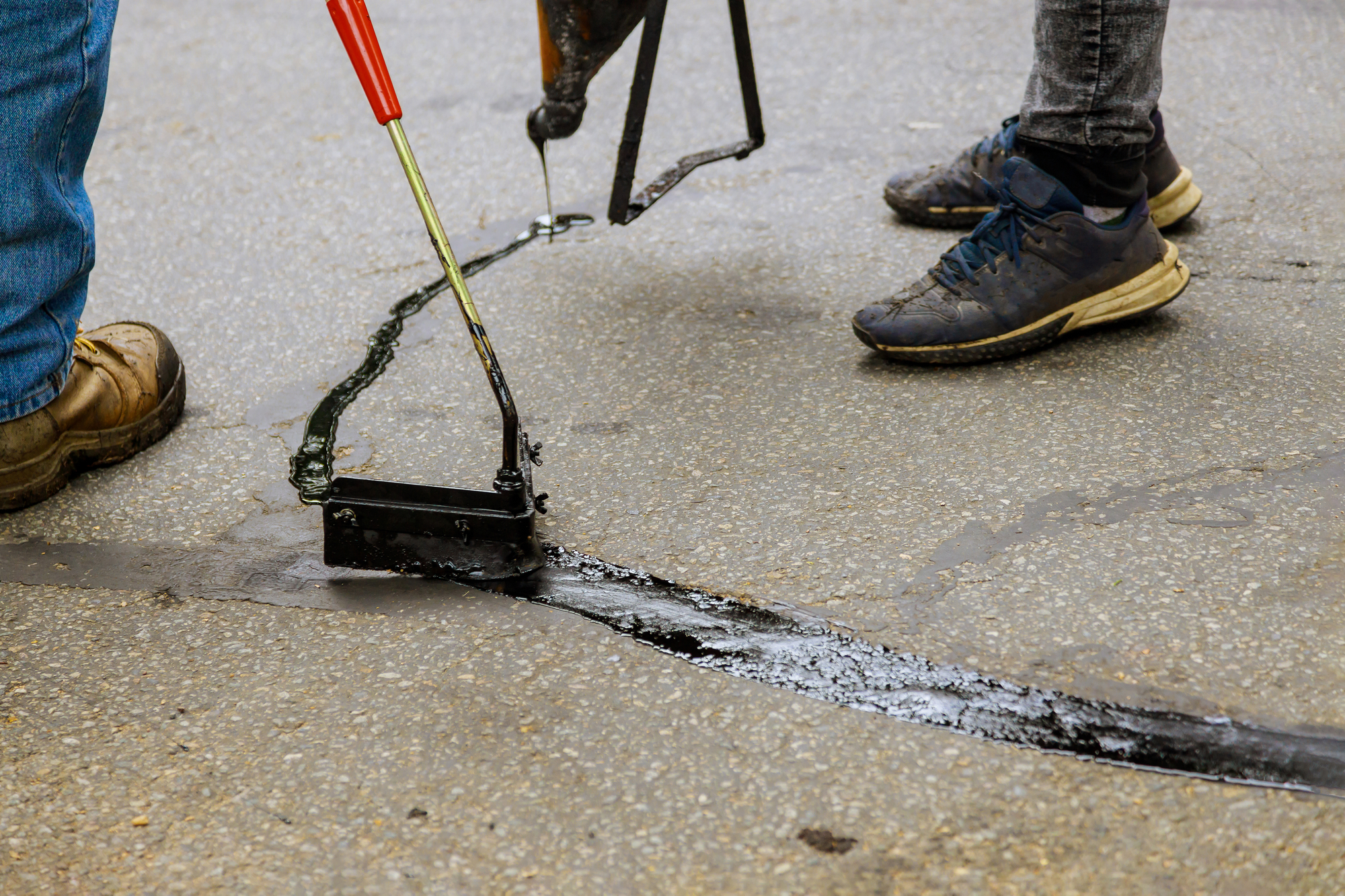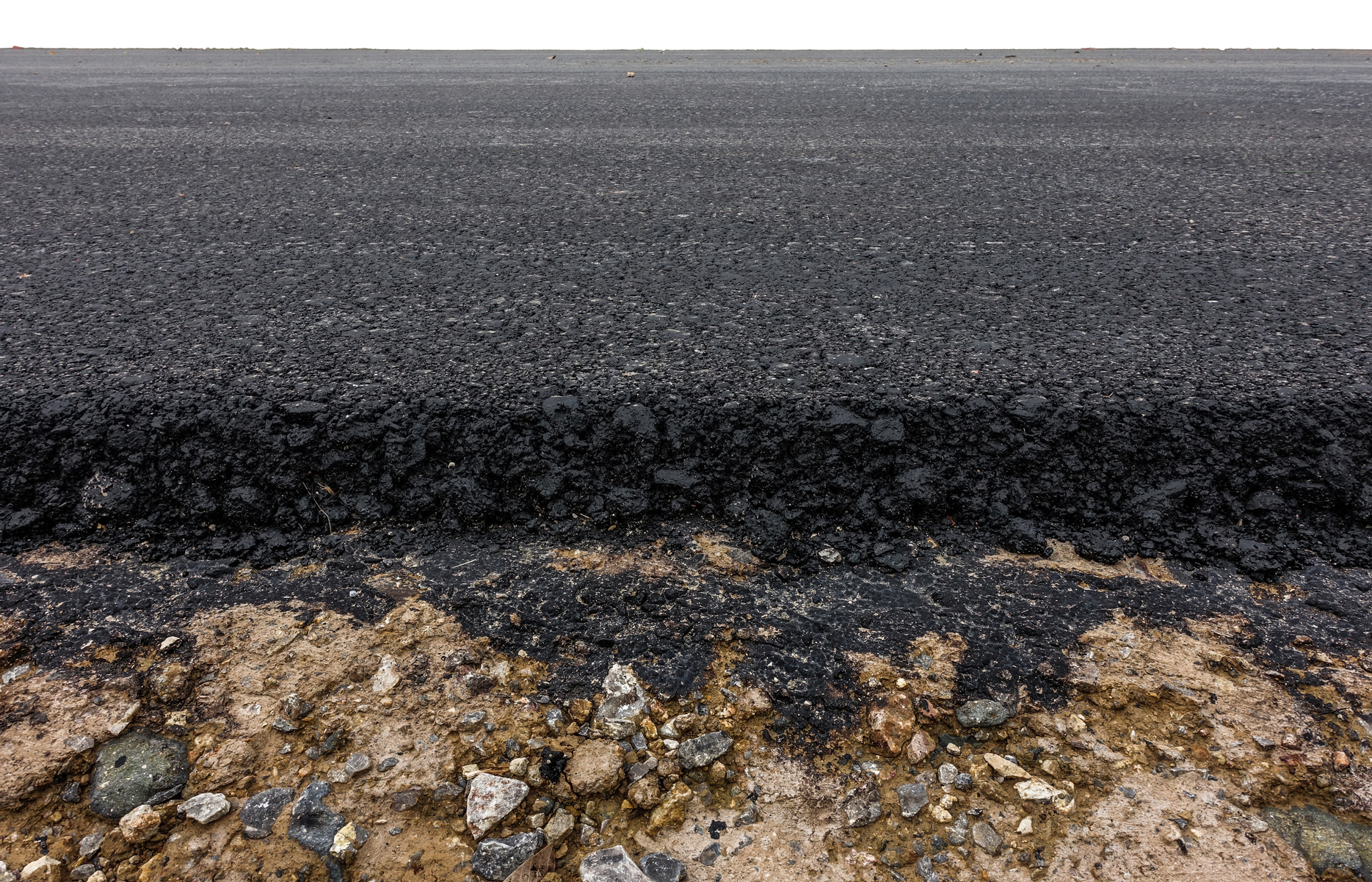Asphalt Guide: Composition and Elements
10 January 2023
Are you thinking about having your driveway resurfaced with asphalt soon and wondering, what the heck is asphalt!? It’s a perfectly normal and legitimate question, as we rarely have the opportunity to learn about it. The following blog will give you all the answers to your questions once and for all, and it will be easier for you to understand your paving company’s bid.
The origin of asphalt
Asphalt is an integral part of our daily driving; it is used all over the world for its smooth and durable strength. In fact, asphalt is used in the construction and maintenance of all kinds of roads, public and private parking lots, urban roads, playgrounds, and sports fields and much more! Modern roads were invented in 1870 by chemist Edward J de Smedt. However, today’s asphalt is made differently than the old one. Since then, many ideas have followed, and various scientists have contributed to the improvement of roads. 1907 was the year that the petroleum-refined material we know today was introduced.
What is asphalt?
Asphalt is mainly bitumen mixed with aggregates and binder, i.e., limestone and silica. In a more elaborate way, it is rock composed mainly of calcium carbonate, sand composed of silica and bitumen which is in fact petroleum. Indeed, bitumen is a mixture of hydrocarbons resulting from the distillation of oil. Binders are used to unite the aggregates into a cohesive mixture, the bitumen. Asphalt is made of different layers of these elements, which is why the pavement can support the weight of vehicles.
Recycled asphalt
There is also recycled asphalt. It is an economical and ecological solution to paving your driveway. It is created from a mixture of crushed or graded recycled asphalt aggregates. The recycled material offers an interesting finish and a very good quality-price ratio. It is important to choose the right type of recycled asphalt, as several products are available. In fact, there are several products available and not all offer the same quality!
The aggregate configuration affects the amount of aggregate required in the mix and the amount of bitumen emulsion that forms the applicable mix. Recycled asphalt can be damaged quickly if the bitumen emulsion and aggregates are not optimally compatible. This is where cracks appear after winter, and when water seeps into the pavement, it’s only a matter of time before you see holes appear in your asphalt. That’s why it’s important to trust experienced and recognized professionals to advise you in the choice of recycled asphalt. Contact Pavage Massie for any questions.
If you’re considering redoing your driveway, don’t hesitate to contact our experts. We’ll provide you with a precise estimate tailored to your needs. We are also happy to answer your questions to help you make the best choice for your paving needs.



